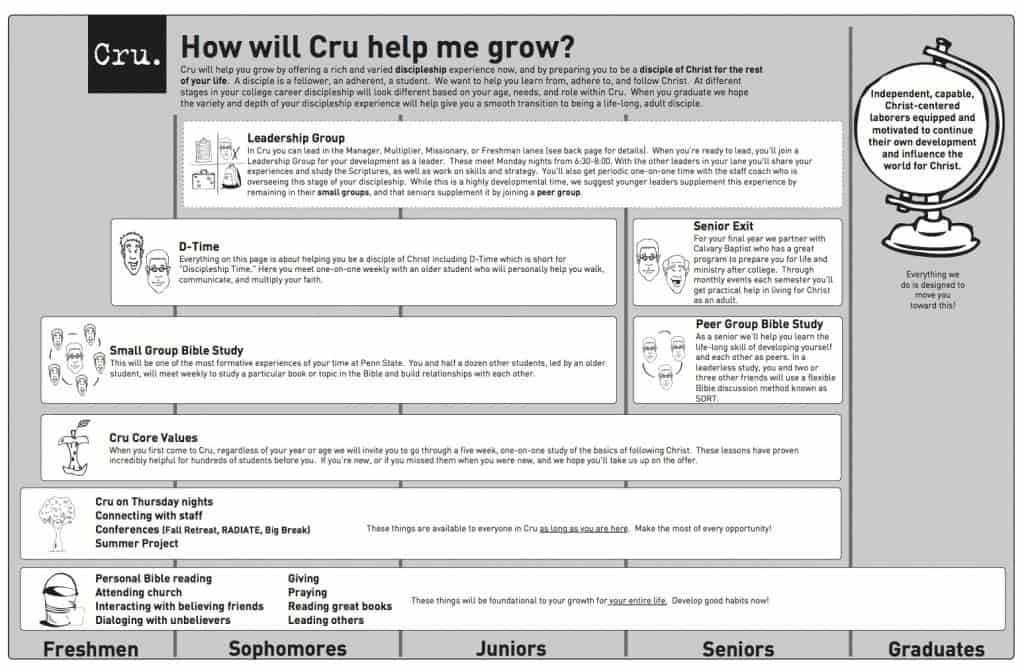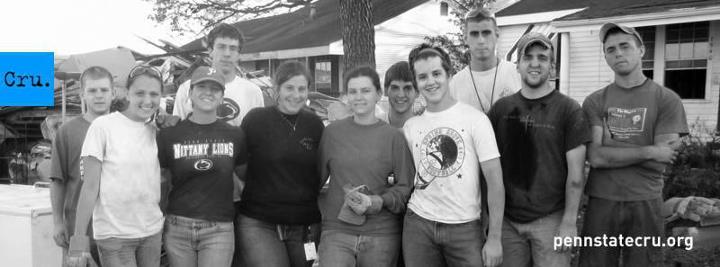“The harvest is plentiful, but the laborers are few; therefore pray earnestly to the Lord of the harvest to send out laborers into his harvest.” Matthew 9:37-38
What is the world’s greatest need? The Gospel of Jesus Christ.
But what did Jesus say? The Harvest is plentiful…but what? The bottleneck is not that people won’t listen and accept the gospel.
“How then will they call on Him in whom they have not believed? How will they believe in Him whom they have not heard? And how will they hear without a preacher? How will they preach unless they are sent?” Romans 10:14-15
The world’s greatest need is for laborers.
If you were to ask any missionary what is the most needed resource to fulfill the great commission and take the gospel to the world their answer, almost unanimously, would be: people. The greatest need in the expansion of the gospel is for laborers.
From where will the next generation of Christian workers, pastors, and missionaries come? From college campuses will come the generation of laborers who will see the Great Commission fulfilled.
For this reason the role of Campus Staff in raising up Christian workers is arguably the most influential in all of Christian ministry. In fact many Cru staff desiring to serve internationally have remained on U.S. campuses knowing that every year they remain they will multiply themselves many times over in laborers for the spiritual harvest.
The strategic nature of campus ministry is that you are not simply reaching a campus with the gospel, but raising up the next generation of Christian leaders who will take the gospel, and serve Christ, all over the world. Â It is a ministry where your influence for Christ is multiplied 20, 30, even 500 fold.
No one thought up the strategy of fulfilling the Great Commission by reaching the college campus. Campus ministry is the result of the observation that God has chosen to use the university and college students as His primary vehicle in accelerating the evangelism of the world. To be involved in campus ministry is to be involved in God’s primary missions strategy.
written by Rick James (you should go read the entire article – The Historic Role of Young People in God’s Global Plans)
In the coming weeks, I want to focus on Sending. Specifically: how can we send more college students into full time ministry? In Cru we talk a lot about 100% Sent. We want every student to graduate on mission- whether they are missionaries in the corporate world, as teachers, or in full time Christian work in Asia. But the majority of my focus will be on sending into full time ministry.
Â
Some topics I plan to cover:
- What are the Top 2 Barriers to Sending?
- Learning from the Top Sending Campuses. In Cru, 42% of the laborers come from just 26 campuses (just 5% of the Cru movements). What are these campuses doing that we can learn from?
- What are the main factors that influence students to want to join us in full time ministry?
- What are Millennials looking for as they look for employment?
- What are some resources we can use to better send?




